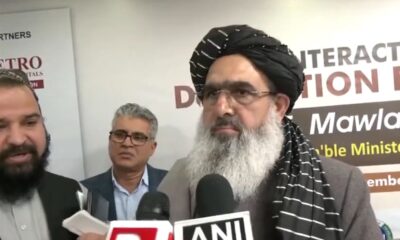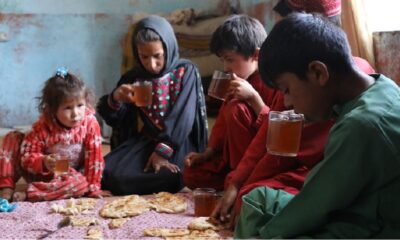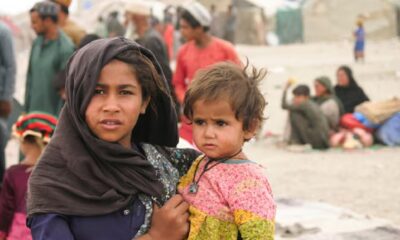Health
Tips to stay hydrated and healthy during Ramadan
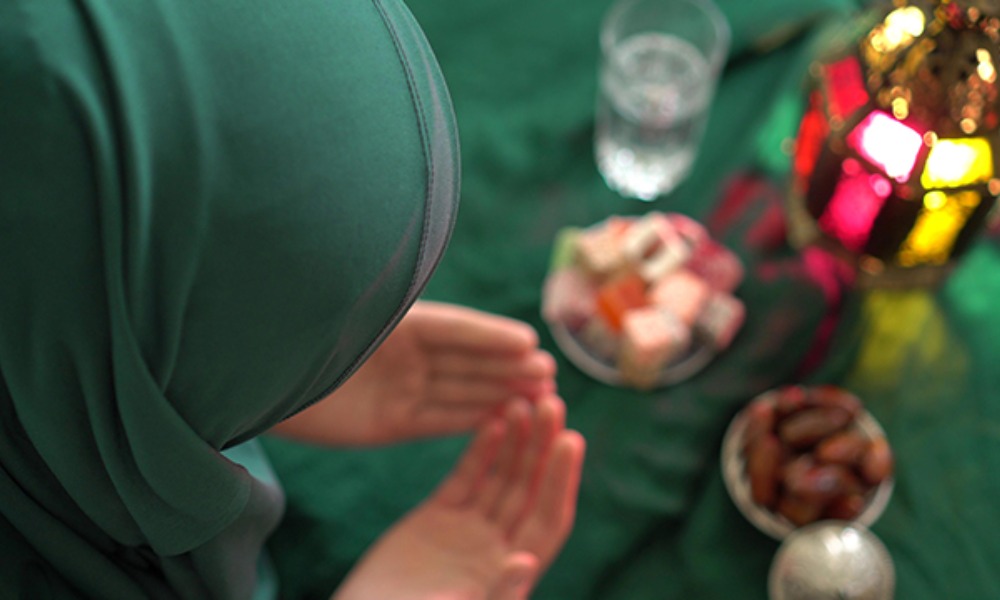
During Ramadan, Muslims abstain from food and drink from dawn to dusk but it is important to get proper nourishment between Iftar and Sahari in order to be prepared for the next day – especially for those who need to work and go to school or university.
Healthy habits during the holy month are also very important in order to avoid gaining weight.
Cleveland Medical Center in Abu Dhabi, in the UAE, reports that there are a few simple times to help you stay fit while fasting.
Stay hydrated
The amount of fluids a person needs depends on age, gender, climate and activity level.
According to Cleveland Clinic, adults, on average, need 2 to 3 liters of water each day. So make sure to drink plenty of fluids before the start of the fasting hours. Unsweetened juices or milk are tasty, low calorie alternatives.
Experts warn against too much coffee and tea and soda drinks outside of fasting hours as the caffeine in them causes increased urination. Cleveland Clinic recommends these drinks be limited during the non-fasting hours.
The clinic also suggests that meals are started with broths, soups or stews. Fruits and vegetables such as watermelon, squash or spinach are mostly water and can also help to replace fluids.
Why is this important?
As stated by the clinic, the human body is about 60 percent water and it is vital for bodily functions, including metabolizing and transporting nutrients throughout the body and removing waste.
The amount of water in the body fluctuates – it is lost through urine and sweat and regained from food and drinks.
However, Cleveland Clinic states it is not unusual to become periodically dehydrated while fasting. Dehydration can result in weight loss that is quickly regained when normal eating and drinking habits resume.
Choose healthy options
Hunger tempts us to indulge or eat fast, convenient foods. But according to the Cleveland Clinic, highly processed foods are high in salt, sugar and unhealthy fats, which won’t last long and can increase thirst.
Try a handful of roasted nuts instead of ready-to-eat foods and also try to eat fresh fruit and vegetables.
Eat, rest and exercise strategically
According to clinic experts, planning your activities and meals after breaking your fast will help to refuel you and prepare you for the next day of fasting.
Rest is important, but be sure to stay awake long enough to replenish the fluids and nutrients your body needs.
Eat balanced meals including: bread, cereals and other grains; fruits and vegetables; meat, fish and poultry; milk, yogurt or cheese; and healthy fats.
Focus on foods that are digested slowly and release energy over time. These include food that are high in fiber (e.g. whole grains, fruits and vegetables) and foods containing complex carbohydrates (wheat, beans, lentils, rice, etc.).
It is important to stay active too. Find time to take a walk or do some gentle stretching.
Why is this important?
Weight loss occurs when a person uses more energy than they consume. Some studies on weight loss/gain during Ramadan have shown that energy intake remains the same or increases, despite a decrease in meal frequency.
Health
Afghan Health Minister hails India visit as new chapter in bilateral ties
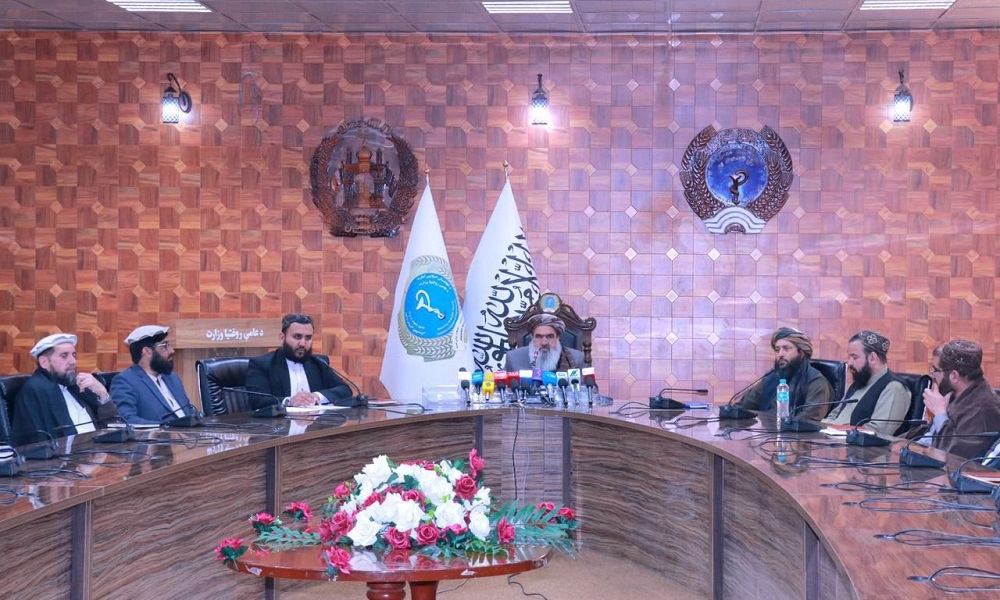
Afghanistan’s Minister of Public Health, Noor Jalal Jalali, has described his recent visit to India as an important new chapter in strengthening health cooperation between Kabul and New Delhi.
Speaking at a press conference in Kabul on Tuesday, Jalali said the trip focused on expanding bilateral health collaboration and addressing key challenges facing Afghanistan’s healthcare system. He outlined the main objectives of the visit as preventing potential medicine shortages, standardizing traditional medicine, importing high-quality and affordable medicines, building the capacity of health workers through training programs, facilitating medical treatment for Afghan patients in India, and developing professional expertise in traditional medicine.
Jalali said India and relevant institutions made several concrete commitments during the visit. These include the provision of vaccines worth $5 million, a radiotherapy machine for cancer treatment valued at $3 million, five tons of cancer medicines worth $1 million, a CT scan machine valued at $300,000, and support for the construction of a hospital and a specialized thalassemia treatment center valued at $500,000.
According to a statement from the Ministry of Public Health, the visit also resulted in agreements on capacity-building programs for specialists and healthcare workers, the donation of 70,000 medical ampoules by an Afghan investor, plans to establish a research center and an institute of traditional medicine in Kabul, the transfer of high-quality medicines to Afghanistan, meeting market needs, and increased investment in the health sector.
The ministry said these outcomes represent significant progress in enhancing healthcare services and long-term cooperation between Afghanistan and India.
Health
Afghan health minister hails India’s support, calls medical visas vital for patients
Jalali said India is planning to build a 30-bed hospital in Kabul’s Bagrami district, which is expected to include an oncology center, a trauma unit, and maternal and child healthcare clinics.
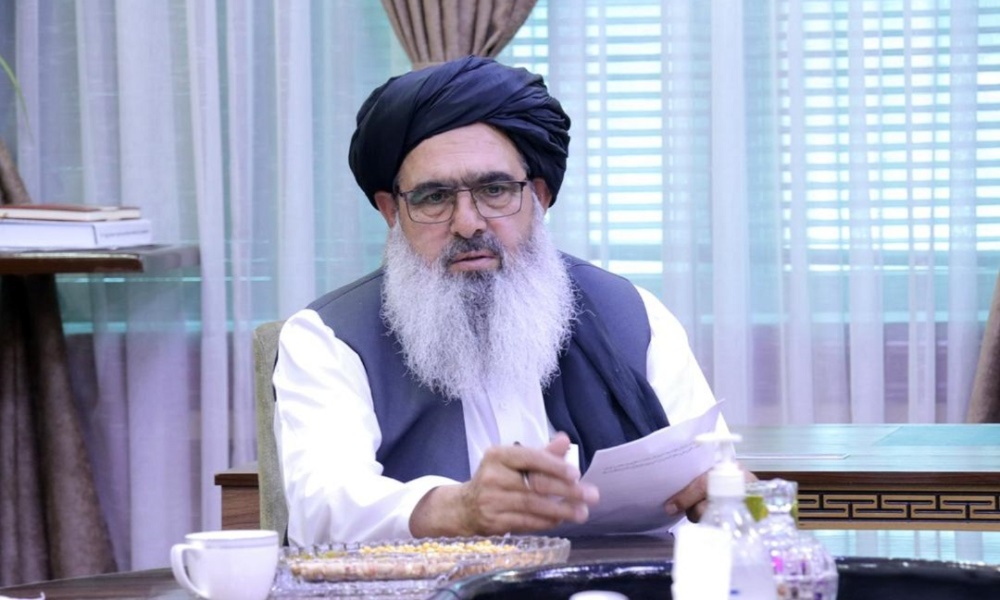
Afghanistan’s Minister of Public Health, Noor Jalal Jalali, has praised India’s long-standing support for Afghanistan’s healthcare sector, describing Indian medical visas as a “vital humanitarian channel” for Afghan patients.
In an interview with an Indian television network, during his official visit to New Delhi, Jalali said Afghans have long relied on India for medical treatment, noting that the facilitation of medical visas has enabled thousands of patients to access advanced healthcare services in recent years.
He welcomed India’s contributions to Afghanistan’s health infrastructure, highlighting the Indira Gandhi Institute of Child Health in Kabul as one of the country’s most important pediatric hospitals.
India has supported the facility through the establishment of a thalassemia center, a modern diagnostic unit, upgrades to heating systems, and plans to provide a CT scan machine.
Jalali said India is also planning to build a 30-bed hospital in Kabul’s Bagrami district, which is expected to include an oncology center, a trauma unit, and maternal and child healthcare clinics.
He added that India has fitted around 75 Afghan patients with prosthetic limbs under the Jaipur Foot program and donated 20 ambulances.
During talks with India’s Minister of Health and Family Welfare, Jalali called for expanded cooperation in medical equipment, pharmaceutical regulation, training of healthcare workers, and the supply of essential medicines, particularly cancer drugs. He said India has pledged to provide these medicines on an urgent basis.
The Afghan health minister stressed the importance of capacity building, including training Afghan doctors in India and deploying Indian medical teams to Afghanistan.
He also said agreements have been reached to cooperate in traditional medicine, including Ayurveda and Unani practices, with plans to establish a Traditional Medicine Institute and Research Center in Afghanistan.
Jalali noted that Afghanistan has diversified its pharmaceutical import routes to ensure a steady supply of medicines and address concerns over counterfeit and substandard drugs through stronger regulation.
He described Afghanistan–India relations as people-centric and rooted in humanitarian values, expressing hope that cooperation in healthcare, pharmaceuticals, and medical infrastructure will continue to deepen.
Health
Afghan health officials visit Indian medical institute to expand ties
India has historically been a key partner in Afghanistan’s health and education sectors, providing training, medical support and institutional cooperation.
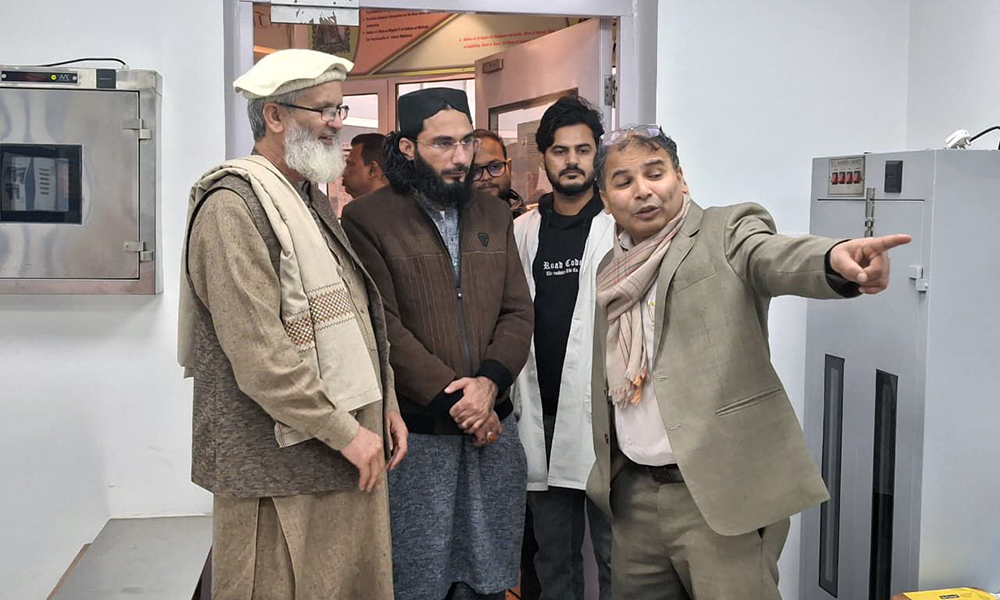
During an official visit to India, a technical delegation from Afghanistan’s Ministry of Public Health visited the Hamdard Institute of Medical Sciences and Research (HIMSR) in New Delhi, as part of efforts to strengthen cooperation in the health sector, particularly in the field of traditional medicine.
Officials and senior professors at HIMSR welcomed the Afghan team and provided detailed briefings on the institution’s academic programmes, research activities and medical services.
Discussions focused on opportunities for closer collaboration in traditional and integrative medicine, an area where Hamdard has long-standing expertise and international recognition.
HIMSR’s leadership expressed readiness to work with Afghan health authorities on joint research initiatives, quality testing and standardisation of traditional medicines through Hamdard’s laboratories, as well as knowledge-sharing programmes. The institution also pledged to offer scholarships and specialised training opportunities for Afghan doctors and medical professionals.
The visit comes as Afghanistan seeks to rebuild and strengthen its public health system amid ongoing economic and humanitarian challenges, with an emphasis on cost-effective and culturally accepted healthcare approaches such as traditional medicine.
India has historically been a key partner in Afghanistan’s health and education sectors, providing training, medical support and institutional cooperation.
Both sides said enhanced collaboration would contribute to improving public health outcomes, standardising traditional medicine practices, and expanding scientific and medical institutions in Afghanistan.
They reaffirmed their commitment to developing the partnership in a sustainable manner, aimed at long-term capacity building and mutual benefit.
-

 Latest News2 days ago
Latest News2 days agoAfghanistan signs 30-year deal for marble mining in Daikundi
-

 Latest News4 days ago
Latest News4 days agoAfghan border forces prevent illegal entry of hundreds into Iran
-

 Latest News3 days ago
Latest News3 days agoPakistan summons Afghan diplomat over deadly attack in North Waziristan
-

 Latest News3 days ago
Latest News3 days agoAfghan health minister calls for medical cooperation between Kabul and New Delhi
-

 Latest News4 days ago
Latest News4 days agoJapan allocates nearly $20 million in humanitarian aid for Afghanistan
-

 Latest News3 days ago
Latest News3 days agoKarzai urges reopening of girls’ schools and universities for Afghanistan’s bright future
-
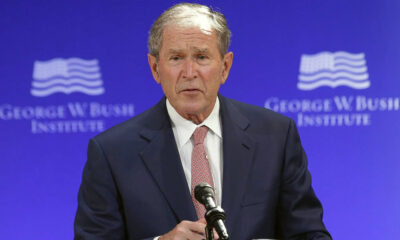
 Latest News2 days ago
Latest News2 days agoBush Institute criticizes Trump administration’s Afghan immigration freeze
-

 Health4 days ago
Health4 days agoIndia issues over 200 medical visas to Afghans in last four months


